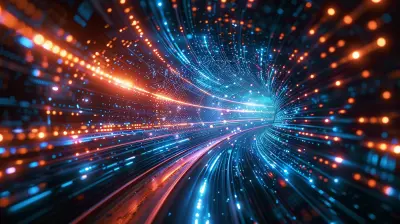AI and the Future of Democracy: Can Machines Support Free Will?
24 October 2025
Let’s talk about something that’s shaking the very pillars of our society—artificial intelligence. Yeah, that slick, super-smart tech that’s writing poems, crunching data, predicting behavior... and maybe, just maybe, influencing your next vote. That’s right, AI’s not just living in labs and powering your Netflix binge-fest. It’s poking its nose into politics, elections, and that sacred thing we call democracy.
So when we ask, "Can machines support free will?"—it’s more than a philosophical brain teaser. It’s a wake-up call.
In this post, we’re going to break it all down. How AI is impacting democracy. Whether it strengthens or sabotages free will. And what on earth we can do about it before machines start pulling more strings than we’d like.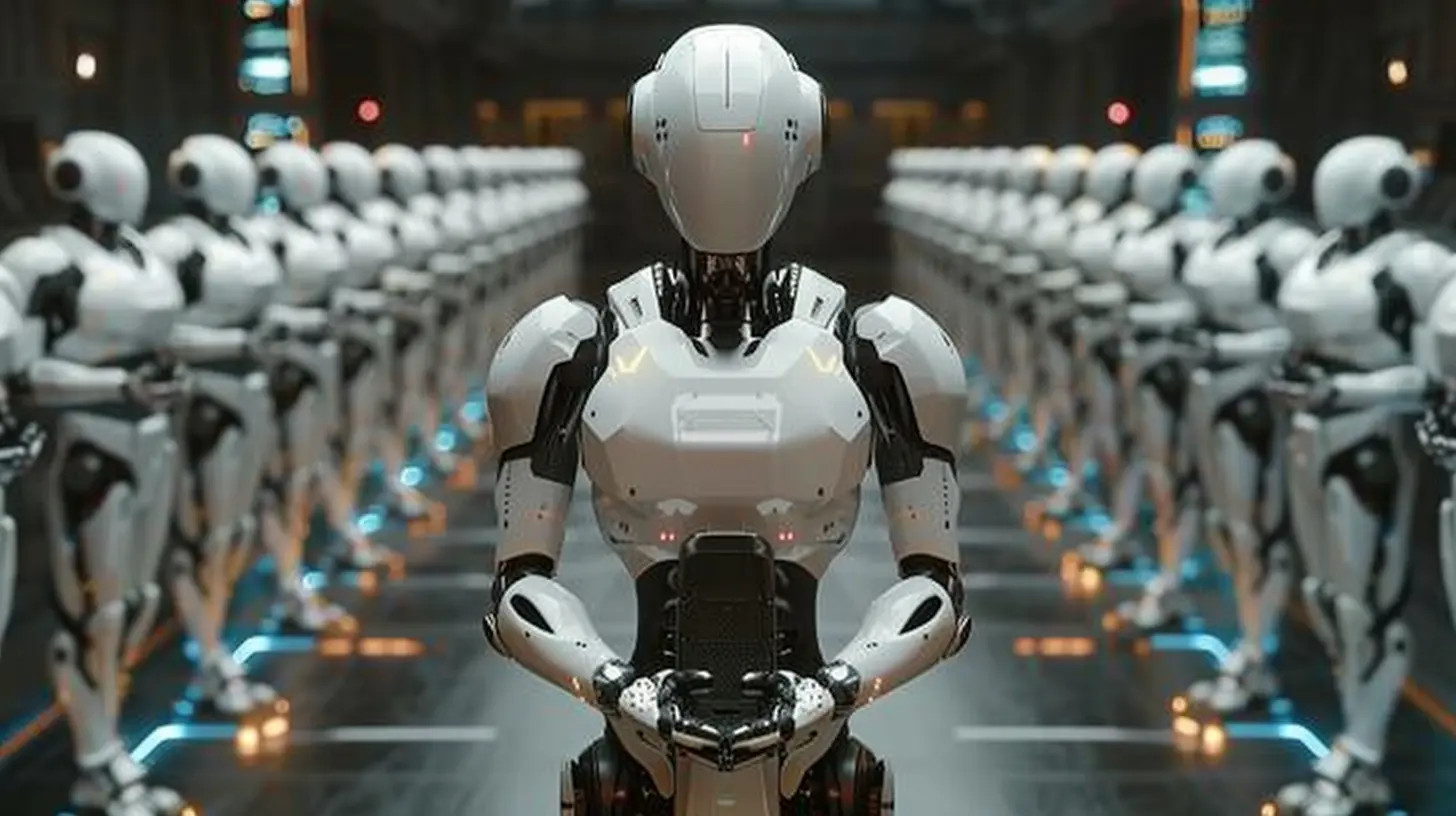
The New Kingmakers: Algorithms in the Age of Influence
You scroll through your feed, and there it is—news stories, political ads, trending hashtags. But do you ever wonder why you're seeing what you’re seeing?It’s not random. That’s AI at work. Algorithms designed to feed you the content you're most likely to engage with.
Now imagine this: instead of you choosing your worldview, a machine subtly nudges you toward it. Not by force, but by presenting you with content that confirms your bias. Over and over.
Scary? It should be.
The Rise of Algorithmic Persuasion
Social media platforms, search engines, even political campaigns now rely heavily on AI-driven content targeting. These algorithms know us better than our own friends do. They track our clicks, likes, dwell time—then they build profiles that can be used to influence what we believe.That’s persuasion on steroids.
And no, it's not always malicious. But let’s be brutally honest: when profit, power, and politics mix, the result often tastes like manipulation.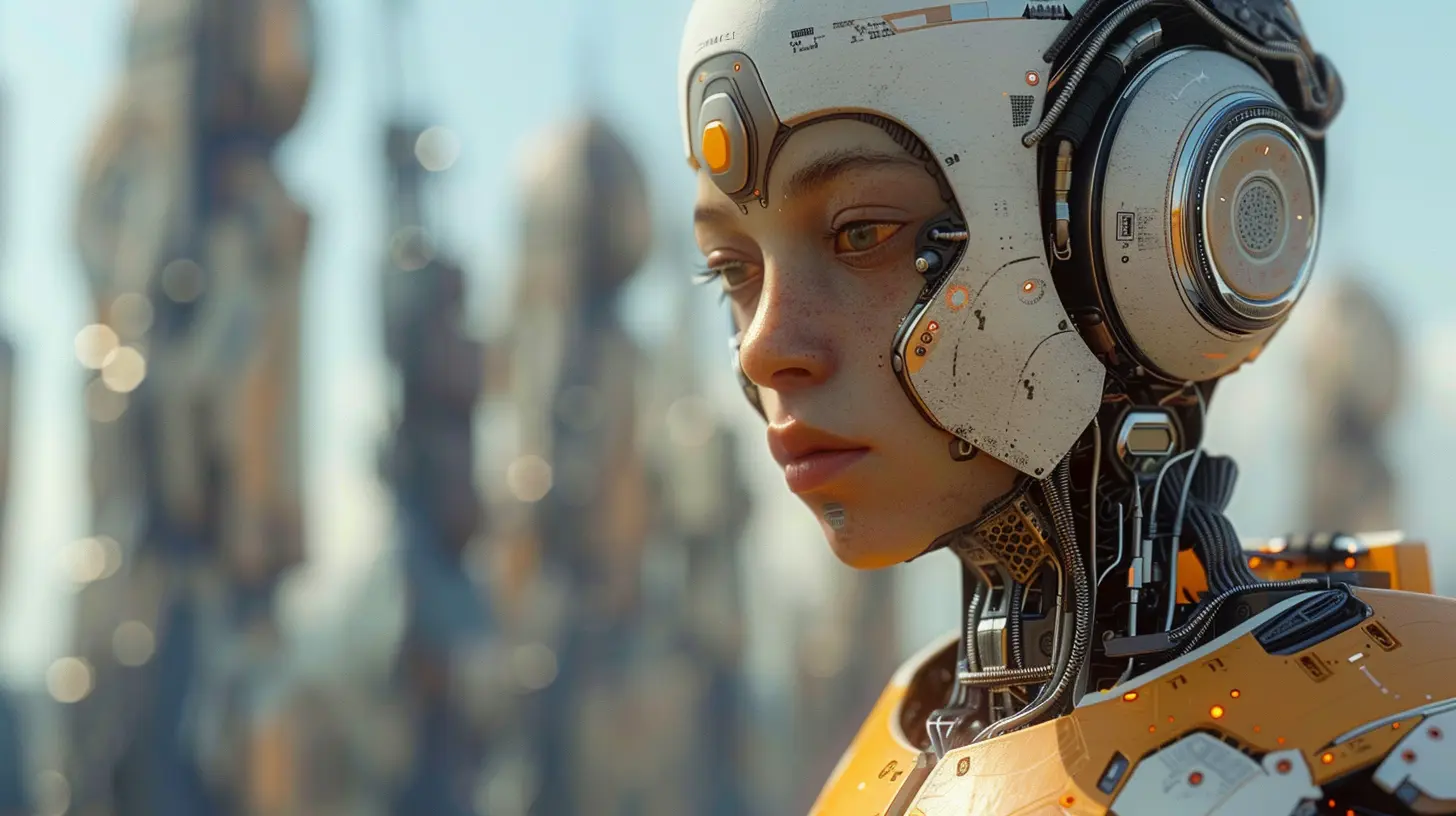
Democracy Depends on Informed Choice. But What If That Choice Is Engineered?
At its core, democracy isn’t just about voting. It’s about informed voting. You get access to multiple perspectives, weigh them, make your choice.But AI could be turning that buffet into a pre-selected plate. You think you’re choosing, but you've only been shown half the menu.
Welcome to the Filter Bubble
Ever heard of the term “filter bubble”? It’s what happens when algorithms keep feeding you stuff you already agree with.The more you engage, the more it narrows your window of reality.
It’s like living in a digital echo chamber where dissenting views get silenced—not by force, but by omission.
This isn’t just dangerous. It’s undemocratic.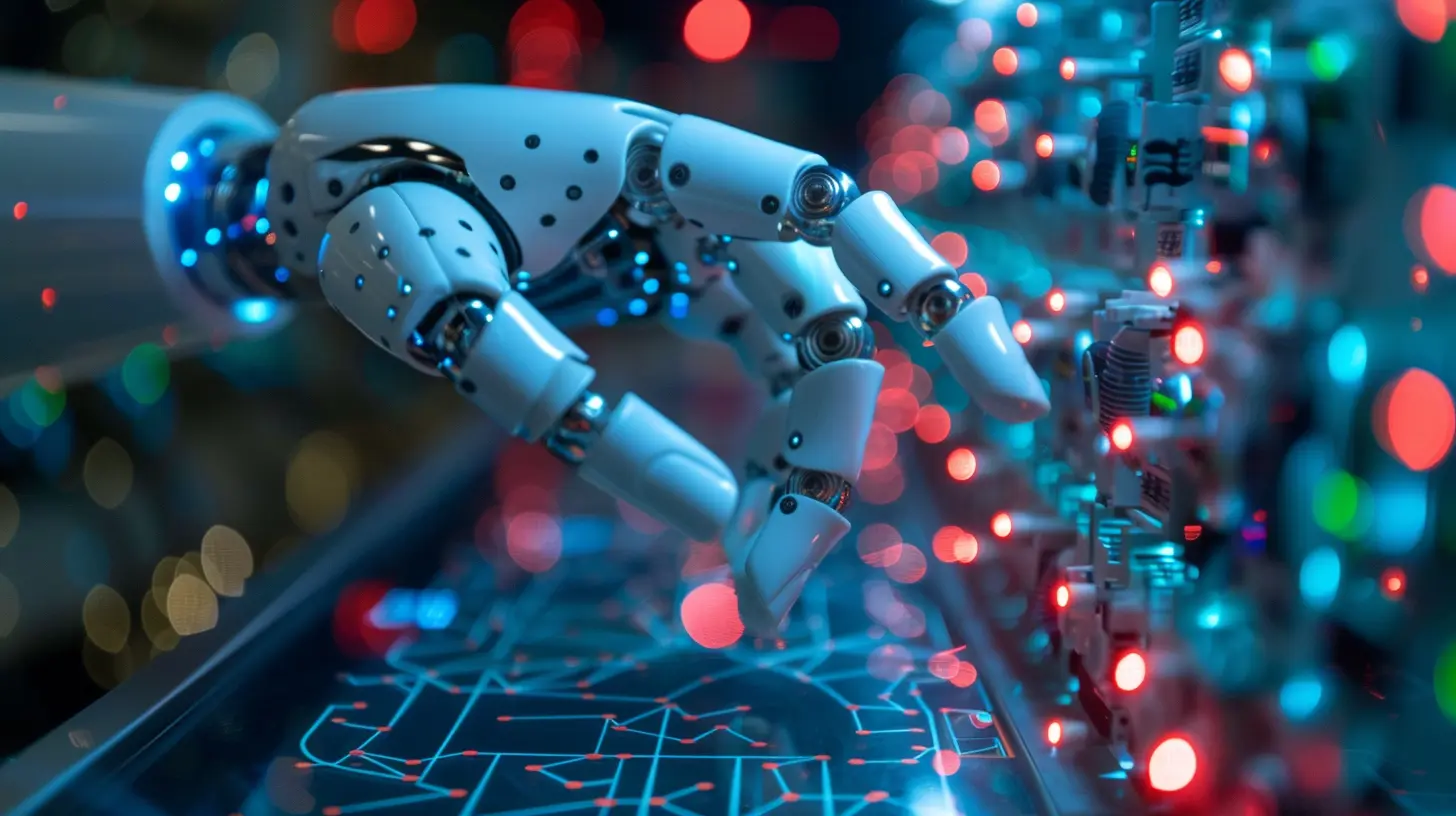
Can AI Be Trained to Be Neutral? Spoiler: There’s No Such Thing
Okay, so why not just make AI “fair,” right? Build it to be neutral. Problem solved.Well, not so fast.
AI learns from data. And data reflects our world. That includes all the messiness—biases, prejudices, historical injustices. Train an AI on biased data, and you get a biased AI.
Garbage In = Garbage Out
Let’s say you feed historical voting patterns into an AI model to help predict political turnout. But those patterns are shaped by years of voter suppression in certain areas. The AI doesn't magically fix that—it amplifies it.So unless we clean the data (and know what “clean” even looks like), we can’t expect AI to be the knight in digital armor.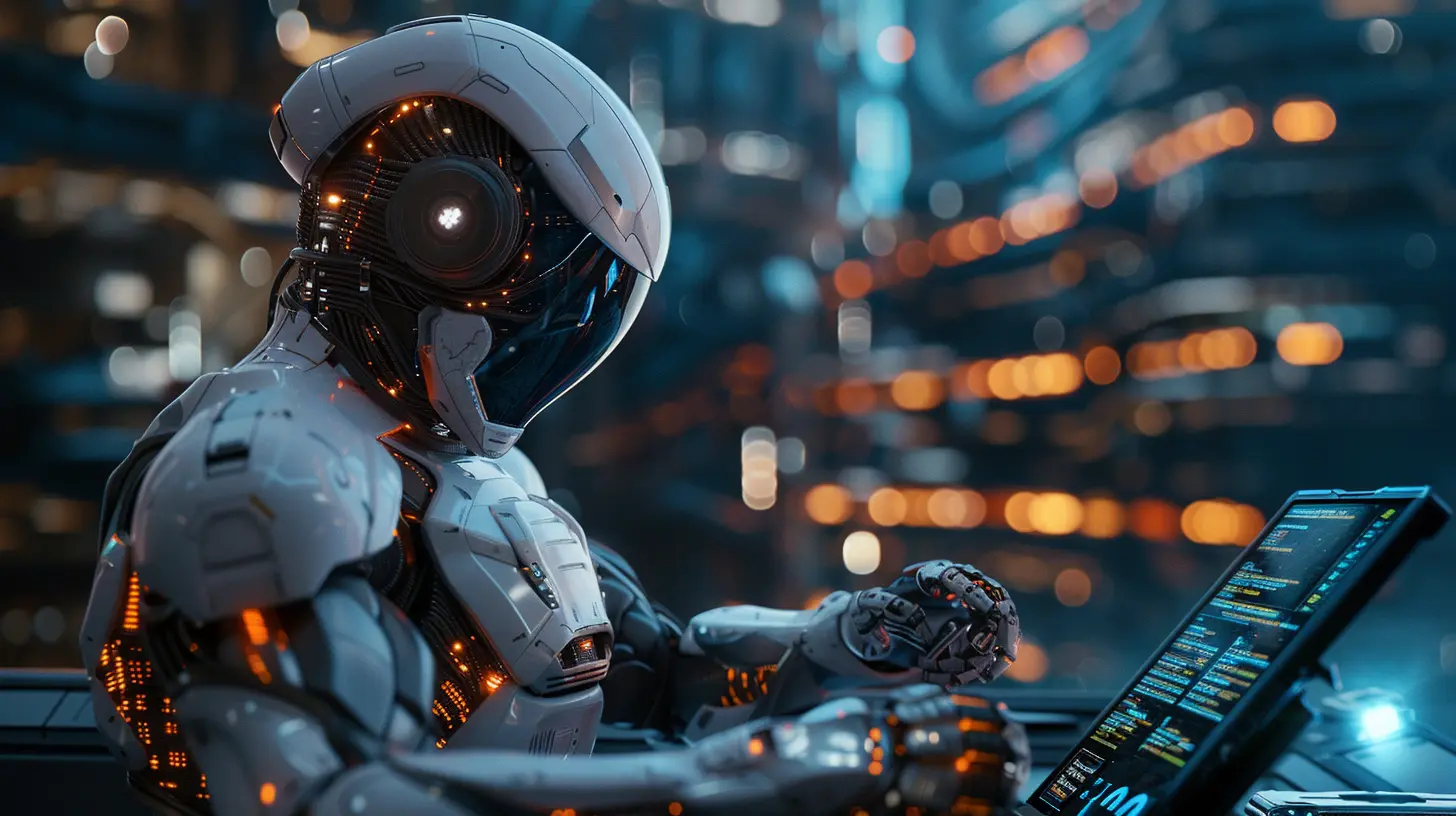
The Surveillance State: AI as Big Brother (with Better Optics)
Here’s where things get darker.Governments love data. AI gives them tools to collect more of it faster and cheaper. Facial recognition, predictive policing, emotion detection. It’s all out there.
And in some countries, these tools are already being used to monitor dissent, suppress protests, and track political opponents.
So what happens when AI becomes the eyes and ears of authoritarian power?
You Can't Have Free Will Under a Microscope
Think about it: if you know that your every move is being tracked, do you make bold political choices? Or do you self-censor?Free will doesn’t just mean the ability to choose. It’s also about the freedom to choose without fear. Strip that away, and democracy starts looking like a performance.
The Flip Side: Can AI Actually Empower Democracy?
Now, let’s not throw the baby out with the bandwidth.AI isn’t inherently evil. In fact, if used wisely, it could enhance democracy.
Think automated voter registration, real-time fact-checking during debates, transparency tools for campaign financing. These are real, doable, and could breathe new life into democratic processes.
Fighting Fake News with Machine Truth
AI tools can already detect deepfakes, flag fake news, and even trace the origin of bot-driven disinformation.Imagine a future where your news feed comes with a credibility meter. Or where misleading political ads get paused mid-play with real-time corrections.
That’s not a bug. That’s a feature.
AI can act as the watchdog we so desperately need—if we make transparency and accountability the rule, not the exception.
AI and Ethics: Who’s Programming the Programmers?
Let’s not forget—humans build AI. And humans have agendas.So when we talk about AI supporting free will, we really need to ask: Whose will is being encoded into those algorithms?
Is it corporations optimizing for ad revenue?
Governments chasing control?
Or communities designing for collective good?
Build It Right or Don’t Build It At All
We need ethical frameworks, diverse teams, and community oversight. We need transparency in algorithm design, explainability in outputs, and public input in deployment.This isn’t about coding better. It’s about thinking better.
The Road Forward: Balancing AI’s Power with Human Values
Let’s face it—AI isn’t going anywhere. It’s already changing our lives, and it’s got its hands on the steering wheel of our democracy.But here’s the thing: Technology is not destiny. We get to decide how AI is used. Whether it uplifts or undermines our rights. Whether it becomes a servant of liberty or a tool of tyranny.
Action Steps We Can Take
- Demand transparency from platforms that use AI—especially during elections.- Push for legislation that protects digital privacy and prevents AI-driven manipulation.
- Support open-source AI initiatives that prioritize ethics over profit.
- Educate the public (and ourselves) about media literacy and algorithmic bias.
Real freedom isn’t just about unplugging from the matrix. It’s about knowing it exists in the first place.
Bottom Line: Are We the Masters or the Puppets?
So back to the big question: Can machines support free will?The truth? Machines can’t “support” anything unless we design them to. They’re not moral agents. They don’t understand liberty. We do.
The danger isn’t AI becoming self-aware. It’s us becoming unaware—sleepwalking into a world where choices are made for us, silently and invisibly.
It’s not time to panic. But it is time to pay attention.
Democracy doesn’t just need voters. It needs active, informed, and empowered citizens.
Let’s make sure that in a future shaped by AI, our free will doesn’t become a casualty of convenience.
all images in this post were generated using AI tools
Category:
Ai EthicsAuthor:

Ugo Coleman
Discussion
rate this article
1 comments
Harlow McCarron
Great article! It's fascinating to consider how AI could enhance democratic processes while preserving free will. Balancing technology and human agency will be crucial for a vibrant future!
October 26, 2025 at 2:30 AM

Ugo Coleman
Thank you for your insightful comment! I completely agree that balancing AI and human agency is essential for a thriving democratic future.
